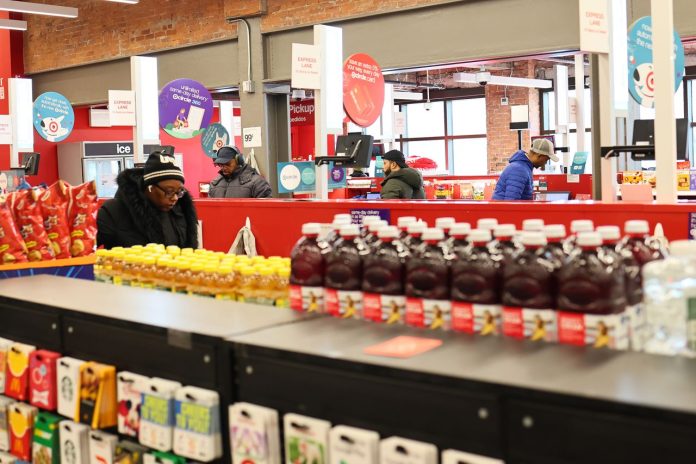European and British companies are revealing the consequences of the trade war with the US. Company executives are talking about declining consumer confidence, risks to supply chains and instability due to uncertainty over tariffs.
Nestlé, the world’s largest food company, Mercedes-Benz and British consumer goods group Unilever are among those warning investors that business conditions have changed since tariffs were imposed on US trading partners last month.
In their first quarterly reports since the US president’s “freedom day,” companies reported numerous problems, including slowing growth in the US, their largest market, and lower hopes for an economic recovery in the eurozone.
Jesper Brodin, head of Ingka Group, which operates most Ikea stores, noted that one of the most difficult tasks was understanding how to respond to the speed with which the White House announced measures that could have long-term consequences for supply chains and pricing strategies.
“I remember a time when politicians were slow and companies were fast, and Ikea cannot adapt to such a fast pace,” Brodin said in an interview with the Financial Times, adding that when choosing a location for a factory, the company usually looks 10 years ahead.
The administration’s trade policy, which Trump says is intended to attract investment, factories and jobs to the US, has been a major theme in the quarterly reports of European and British companies.
According to FactSet, tariffs were mentioned 223 times in April in statements by companies included in the benchmark Stoxx Europe 600 index, many of which are registered in London, compared with 115 mentions in March.
The sharp increase reflects the impact of the event that took place on April 2, when Trump imposed a 10% base tariff on trading partners and higher so-called reciprocal tariffs on dozens of countries. The White House subsequently postponed the introduction of higher duties for 90 days to allow for negotiations on trade agreements.
Many executives say that the prolonged uncertainty over the final size of the so-called reciprocal tariffs and the form of trade agreements is damaging in itself, limiting their ability to plan and make financial forecasts.
“I think the uncertainty caused by economic policy, trade wars and financial market developments has heightened concerns and created even more uncertainty,” Nestlé CEO Laurent Freixe said.
Negotiations between the EU and the US are stalled, and Brussels intends to impose retaliatory tariffs on July 8 in the absence of a trade agreement. The UK and the US are continuing negotiations to reach an agreement.
Faced with a lack of clarity, Stellantis, which owns the Fiat and Chrysler brands, as well as Mercedes-Benz and Volvo Cars, has withdrawn its forecasts.
“You’re starting to see companies making statements about low confidence and reluctance to make long-term plans,” Fabiana Fedeli, portfolio manager at M&G Investments, said.
Investors have yet to hear from many of the 517 companies in the Stoxx 600 index about their quarterly results, but it is already clear that tariffs have negatively affected consumer confidence and deal-making.
Reckitt, the British manufacturer of Strepsils and Dettol, said that market volatility following the introduction of tariffs could affect the multi-billion-pound sale of its cleaning products business.
Freixe of Nestlé told analysts that consumers were “frankly not thrilled” about the tariffs at the beginning of the year, and the situation has worsened.
Unilever, one of the largest companies in the FTSE 100 index, highlighted the potential impact of significant currency fluctuations following the introduction of tariffs. Acting Chief Financial Officer Srinivas Phatak called the sharp fall of the dollar against the euro in recent weeks “unprecedented.”
Global stock markets rose last week amid signs that the US and China may begin to seek ways to resolve the trade war that led to the imposition of punitive tariffs by Washington and Beijing.
Company executives used earnings reports to warn that companies need real clarity on trade policy before they can resume important decisions.
According to George Weston, chief executive of Associated British Foods, the parent company of Primark, British clothing retailer Primark, which plans to double its number of stores in the US to 60 by next year, could potentially move some of its production out of China. But he added: “We will only adapt our supply chains when we have more certainty about the long-term position of various markets relative to the US market.”
Former Greek finance minister Yanis Varoufakis provided extensive commentary on this topic:
